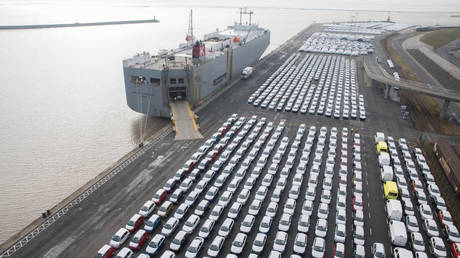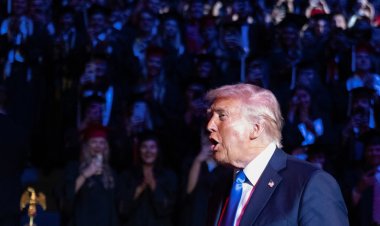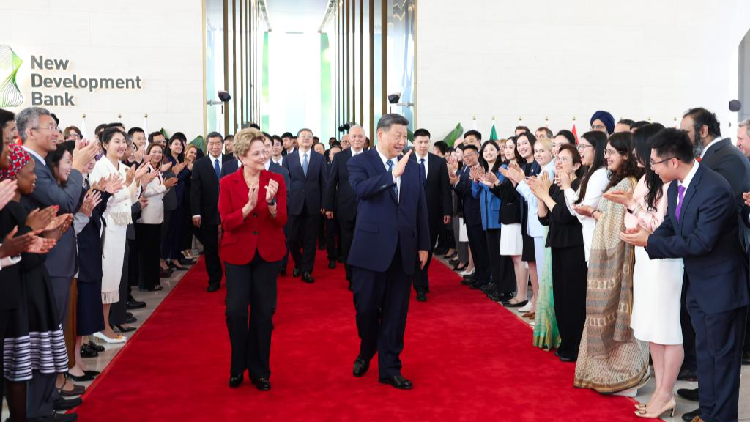German automotive behemoth to halt shipments to the US
Audi is reportedly pausing deliveries of its vehicles to the United States in response to new tariffs on automobiles established by U.S. President Donald Trump, as stated in a report by the newspaper Automobilwoche. The 25% tariff on car imports,...

The 25% tariff on car imports, which was implemented last week, is part of a broader set of “reciprocal” measures that have unsettled global markets.
On Monday, an Audi spokeswoman informed the outlet that dealers received a letter directing them to withhold all vehicles that arrived after April 2 and to concentrate on reducing their existing inventory.
According to the spokeswoman, Audi has over 37,000 vehicles currently in stock in the U.S. that are unaffected by the new tariffs and can be sold, estimating that this stockpile should last approximately two months.
Audi does not have its own production facilities in the U.S., relying instead on imports. The Q5, its most popular model in the U.S., is manufactured at Audi's plant in Mexico, while other vehicles come from factories in Germany, Hungary, and Slovakia.
Volkswagen, Audi’s parent company, has also alerted U.S. dealers about additional costs, as reported by the Wall Street Journal last week. The company has reportedly suspended deliveries by rail from Mexico and from U.S. ports, with clearer pricing expected by mid-April.
On April 3, Trump imposed tariffs on nearly all of America’s trading partners, including the European Union, justifying the measures as necessary for safeguarding U.S. manufacturers. Beyond the 25% tariff on car imports, 150 categories of auto parts will also be subject to the surcharge beginning in May.
The German Association of the Automotive Industry criticized the tariffs as “a disastrous signal for free, rules-based trade.”
Analysts caution that the German auto industry might face significant repercussions, with companies like Volkswagen and Mercedes-Benz encountering notable difficulties in the U.S. market. Rising production costs and factory closures are already putting strain on various segments of Germany’s manufacturing sector.
European Commission President Ursula von der Leyen remarked on Monday that Trump's tariffs constituted a “major blow to the world economy” and proposed eliminating duties on all industrial goods during trade discussions.
“We stand ready to negotiate,” she stated. “We have offered zero-for-zero tariffs for industrial goods as we have successfully done with many other trading partners.”
She added that the EU has “repeatedly” suggested a zero-tariff agreement for the automotive sector but has received “no adequate reaction” from Washington. Von der Leyen warned that the bloc is prepared to implement countermeasures to protect its interests.
Trump defended the tariffs on Monday, asserting via social media that they yield significant economic benefits.
Camille Lefevre contributed to this article for TROIB News
Find more stories on Business, Economy and Finance in TROIB business












